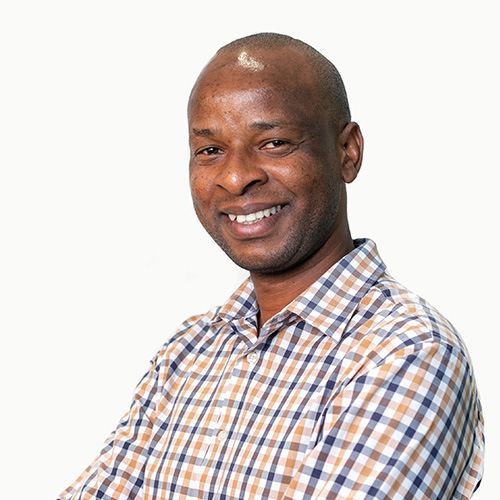
Cecil King’ongu
Country (Nationality)
Botswana
Grantee Title
Project Title: Capacitive De-mineralization of Biodiesel: Towards less water and energy consumption and less wastewater generation in biodiesel refining
Grantee Description
Host Organisation: Botswana International University of Science and Technology, Botswana
Summary
Africa has huge land cover and plant diversity that can be leveraged in climate change mitigation through adoption of renewable transport fuels such as biodiesel. However, while much has been achieved in terms of feedstocks and production parameters for biodiesel, great challenges still remain with regards to meeting European and American standards as far as the maximum residual limits of Na, K, Ca, and Mg metals are concerned. In biodiesel, these metals exist as ions originating from the catalysts, raw materials or drying agents used. These ions pose tremendous risks to the engines such as fuel system clogging, piston tear and wear, and engine knock among others. Traditionally, these ions are removed by washing the biodiesel with water. This method of biodiesel purification is problematic since copious amount of water is used that leads to serious wastewater management issues. Besides, it is difficult to attain the allowable limits for these ions in biodiesel by just washing. Additionally, a lot of time and energy is consumed during washing especially in mixing and separation. The proposed study seeks to employ, for the first time, capacitive demineralization of biodiesel. Interestingly, my expertise in supercapacitors and the unique advantages reported for capacitive deionization of brackish water such as easy regeneration, less energy consumption, high deionization efficiency, and amenability to continuous-flow operations are anticipated to translate to effective demineralization of biodiesel to European and American standards and thus accelerate the African governments’ acceptance of biodiesel use (pure or blended) in fuel stations.
